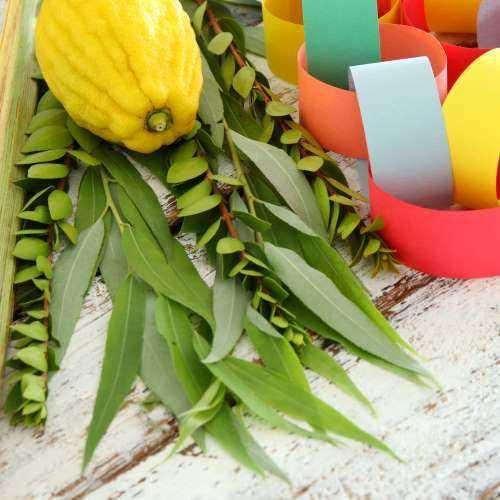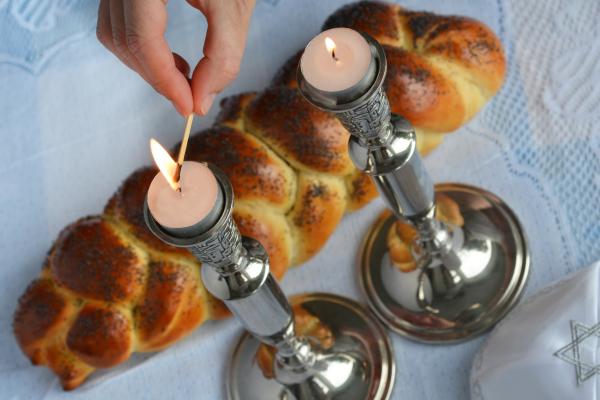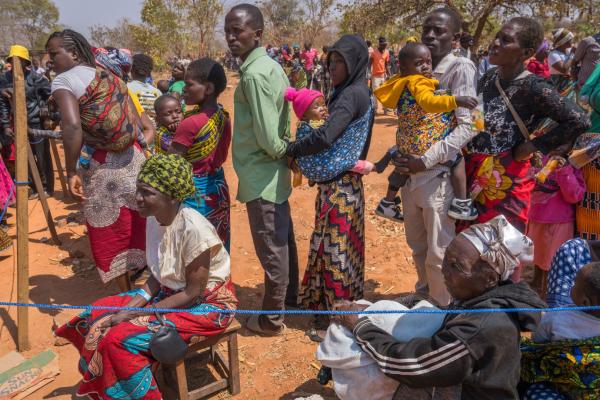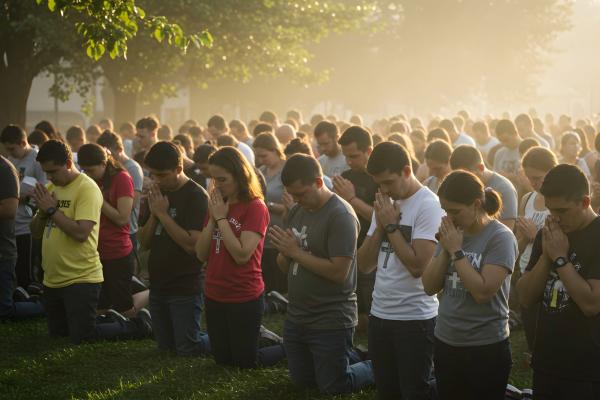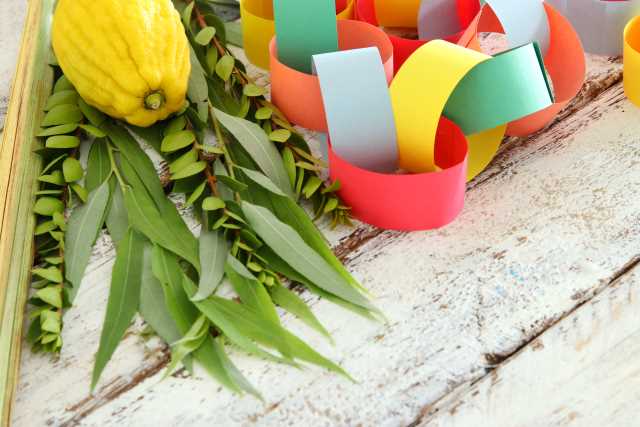
We usually think of joy and happiness as emotions that come to us as a result of pleasant circumstances or good news. But God’s instructions for the Feast of Sukkot reveal that we are more than passive recipients of joy. The fact that He commands Israel to rejoice shows us that joy can be our choice (Leviticus 23:40).
Sukkot is a seven-day festival where God commands the Jewish people to do no work on the first day and come together for a sacred assembly. Synagogue services today include waving a lulav, a bundle of four specific types of vegetation, based on Leviticus 23:40, where God instructed Israel to take these branches “and rejoice before the Lord.”
Sukkot is also a harvest festival for which every physically able male was to take the first of his fall harvest to Jerusalem as an offering to the Lord. Sukkot is also sometimes called the Feast of Ingathering because it celebrates the last harvest before winter.
The most unique observance of Sukkot is God’s command to build temporary structures and live in them for seven days. The Bible refers to these as booths or tabernacles, which is why Sukkot is also called the Feast of Booths or Feast of Tabernacles. Each family builds a sukkah (the singular of sukkot) in their yard or on their patio or balcony. We take our meals, entertain guests, and sometimes sleep in our sukkot. And we rejoice.
Rejoicing in obedience to the Lord is possible when we set our minds on the right things (Philippians 4:8). Sukkot provides a meaningful opportunity to develop this strength-giving habit and provides us with several reasons to rejoice ¬– reasons that transcend circumstances because they are based on God. Three of the many reasons to rejoice include God’s provision, His Promise and His presence.
God’s Provision
The booths of Sukkot remind us of God’s provision for our ancestors who lived in tents in the wilderness for 40 years. God protected us, provided for our needs and supplied food each day. He made water spring from rocks, and He supernaturally prevented our clothes and sandals from wearing out through all that time. Living in a sukkah for seven days each year offers a vivid reminder of how God continues to care for us today. It may not always be in the way we want, but God provides for our needs.
God’s Promise
As Jewish people throughout the world look up at the evening sky through the leafy roof of our sukkot, we remember God’s promise to make Abraham’s descendants as numerous as the stars of the heavens. God keeps His promises. Sukkot celebrates His steadfast love and faithfulness.
God’s Presence
God was with Israel when we wandered in the wilderness. He was present with us in the pillars of cloud by day and fire by night. Later, His presence dwelled in the Tabernacle. Moses prayed, “If Your presence does not go with us, do not send us up from here” (Exodus 33:15 NIV). Reflecting on Israel’s years in the Sinai desert reminds us of the gift of God’s presence. As Messianic Jewish Believers who have placed our faith in Messiah Jesus, we have God’s Holy Spirit dwelling within us. (1 Corinthians 3:16). God is always with us and will never leave us.
God commanded the Jewish people to rejoice at Sukkot, showing us that, no matter what circumstances may be, joy is a choice. Even if times are hard, we can see that He has given us great reasons to rejoice because – He has given us Himself.
Applying Sukkot to Your Life
- How has God provided for you recently?
- How has God blessed you through His biblical promises?
- How might you be able to enjoy God’s presence more in your life?



